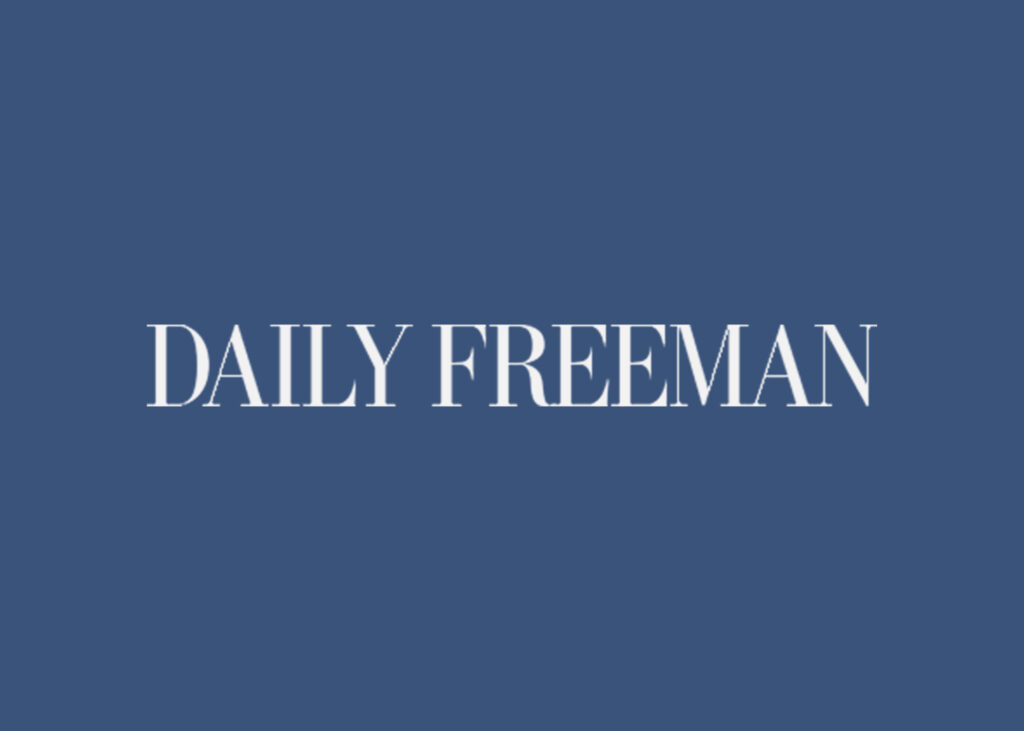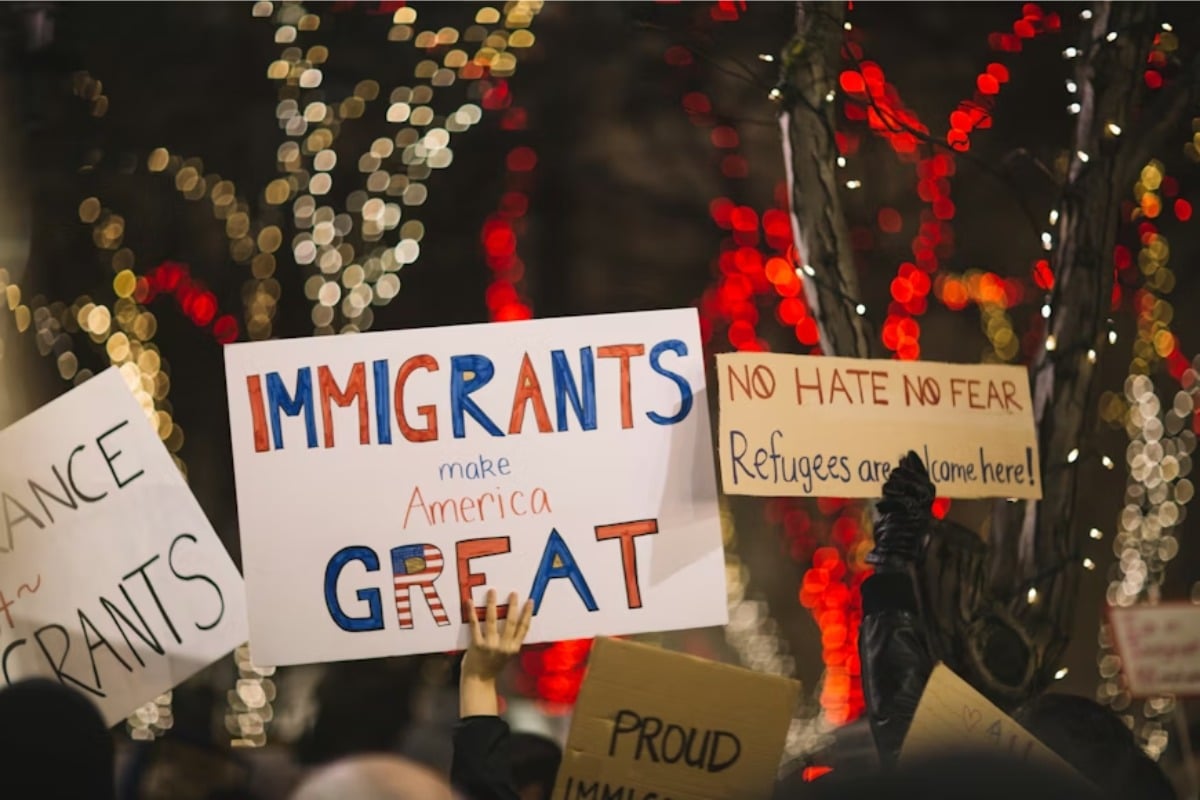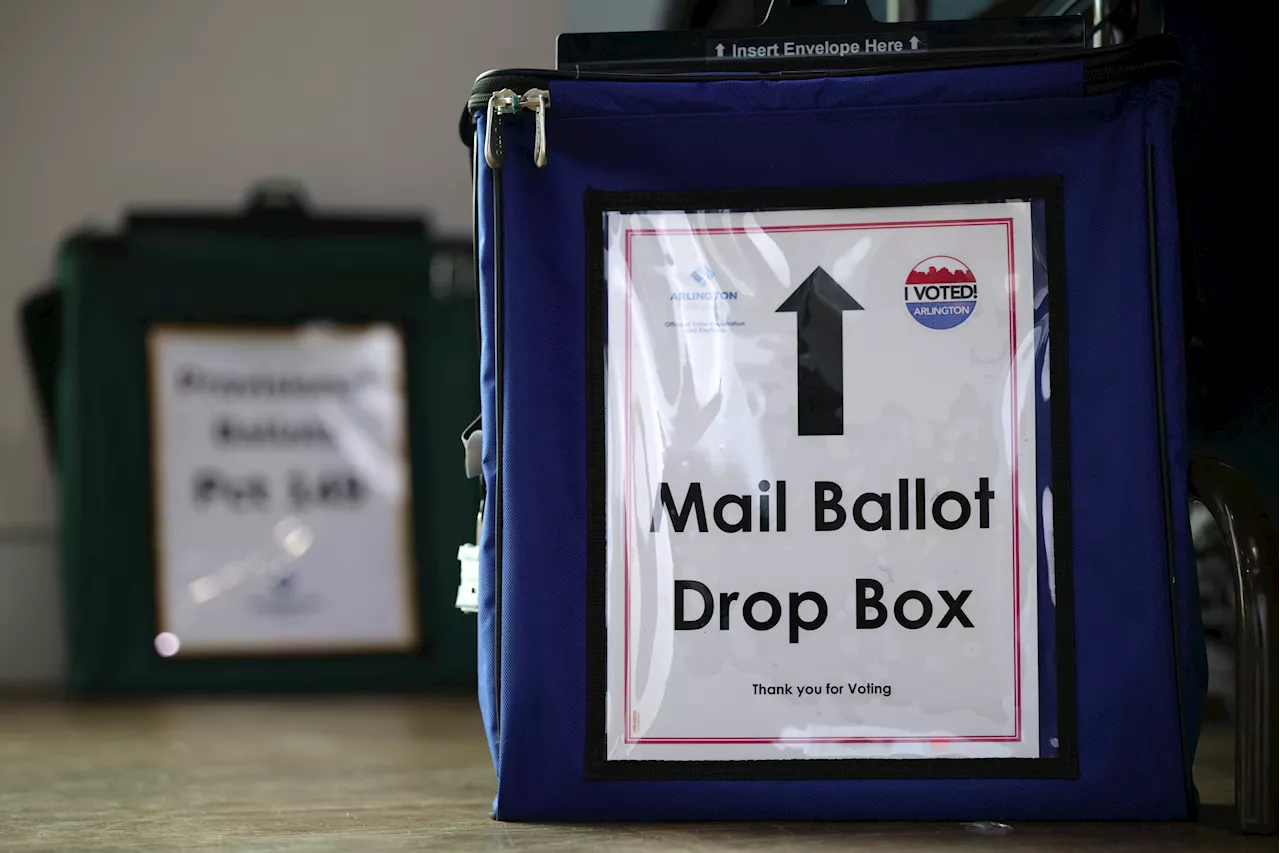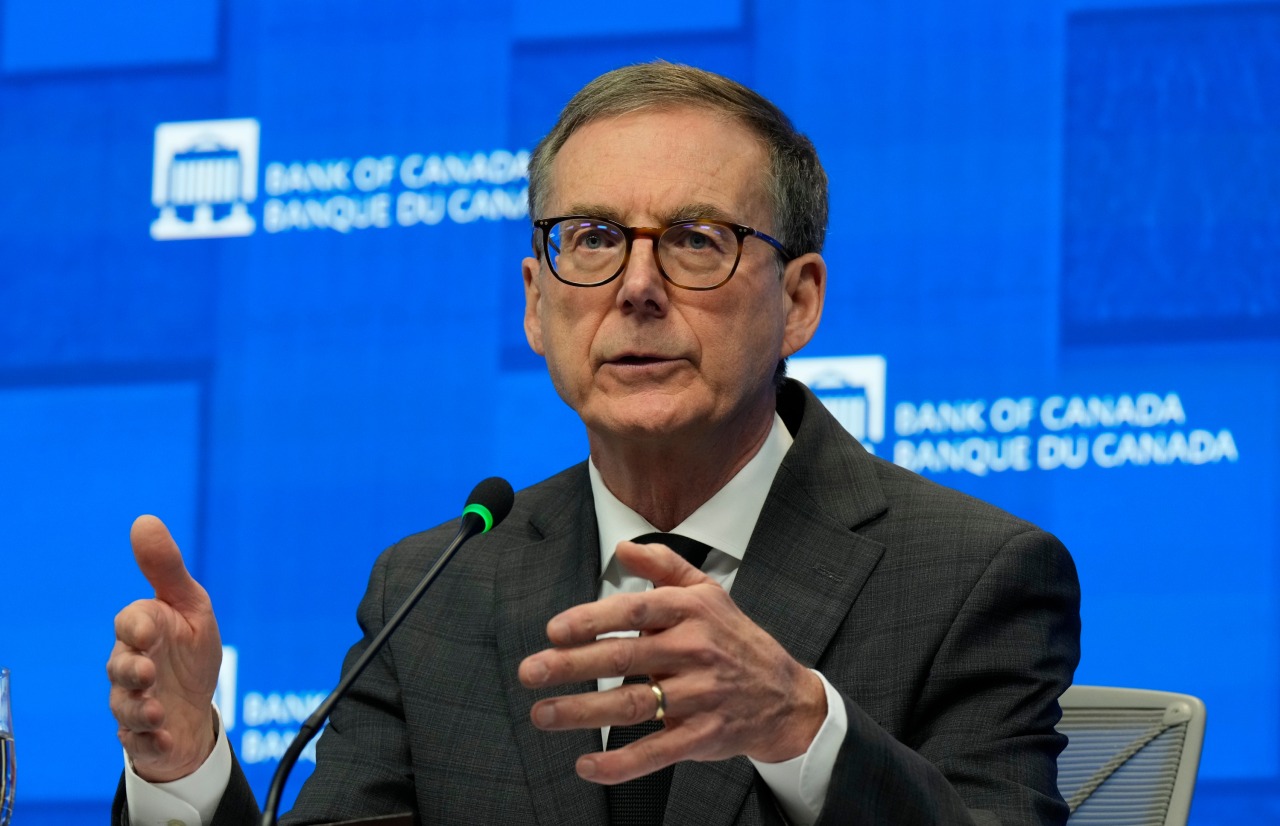
Brendan Carr, the chair of the Federal Communications Commission (FCC), made a controversial statement that resulted in the swift suspension of comedian Jimmy Kimmel from ABC. Carr’s remarks, delivered during a podcast interview, indicated that Kimmel’s firing could occur “the easy way or the hard way.” Hours after the comments, Kimmel was no longer associated with ABC, raising significant concerns about the influence of political pressure on media executives.
David Letterman, a prominent television host, criticized Kimmel’s removal, labeling it a sign of “dictatorship.” He emphasized that such actions undermine the integrity of media institutions that have historically stood against authoritarianism. This incident underscores the drastic shift in the media landscape, where a single comment from a government official can lead to significant repercussions for public figures.
On July 7, 2023, during a flight back to the United States from the United Kingdom, Donald Trump praised Carr, calling him “outstanding” and disparaging Kimmel by stating that he had “no talent” and was a “whack job.” This exchange highlights the precarious nature of political speech and the potential for retaliation against those who oppose the current administration.
The dynamics of loyalty within Trump’s circle have evolved since his initial term. His administration is characterized by individuals who prioritize allegiance to the former president over independent judgment. Figures such as Pam Bondi and Kristi Noem exemplify this trend, seemingly unwilling to challenge Trump’s decisions. This environment fosters a culture where dissent is discouraged, raising critical questions about the implications for freedom of expression.
Concerns have emerged regarding corporate accountability and the willingness of business leaders to confront government overreach. Executives face complex risk assessments that often lead them to prioritize their companies’ stability over ethical considerations. The fear of backlash from a powerful figure like Trump, who has demonstrated a propensity for using his influence to reward allies and punish opponents, complicates the landscape for corporate decision-making.
The situation also brings to light the broader implications of authoritarian behavior in the political sphere. As the public grapples with the ramifications of such actions, many wonder what it would take to provoke a more robust response from those in positions of power. The ongoing challenges faced by institutions like Harvard University, which has both fought and negotiated with the administration, illustrate the difficult balancing act required to navigate this environment.
Despite the challenges posed by political pressures, the comedy community is expected to continue thriving, with Kimmel likely to find new opportunities in the industry. The resilience of comedians in the face of adversity has been a hallmark of their craft. However, the specter of corporate cowardice remains a pervasive issue, raising questions about the integrity of leadership in the face of political intimidation.
As the landscape continues to evolve, the impact of these incidents on public discourse and media freedom remains to be seen. The suspension of Jimmy Kimmel serves as a stark reminder of the delicate balance between entertainment and politics, and the potential consequences of crossing that line.






